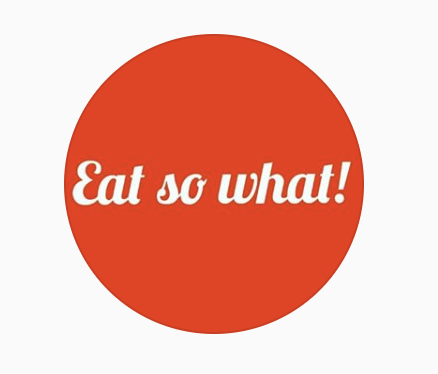Different factors affect how shiny, strong, and healthy your hair is. It all depends on how well you take care of your hair. We all want strong and healthy hair, but it needs proper care and nourishment. Just by following simple healthy habits you can have the hair you have always dreamt of. From eating right nutrients rich diet to regularly oiling your hair, here are some of the simple healthy habits you can use to encourage hair growth and get smoother, stronger, shinier and healthier hair.
1.Trim Your Hair Every Two Months
Haircuts help to maintain hair health. Although it seems the last thing, you would consider when you are trying to grow out your hair. However, trimming your hair every two to three months while growing it out, actually encourage hair growth by getting rid of split ends, breakage, and damaged hair. Trimming ensures minimal split ends or breakage and results in fuller and healthier hair.
Combing every day is good for your hair. Massage your scalp every day with a wooden-bristle brush to stimulate the hair growth. Pressure applied by wooden-bristle brush activate blood circulation to the hair follicles, and that channels more nutrients to the hair roots, condition the scalp and stimulate hair growth.
Sodium lauryl sulfate and Sodium dodecyl sulfate are the common foaming agents present in many supermarket shampoos. These are the harmful agents which are harsh in nature. Frequent use of a high concentration of sulfates has been linked to stripping away natural moisture and hair protein. If you shampoo three times a week, use sulfate-free shampoo at least one out of three times. Sulfates free shampoo strengthens your hair by preventing the damage.
You must have noticed that you start losing your beautiful hair the moment you feel stressed. Relax! Nothing can be more dangerous than stress for your hair.
High stress levels can result into three types of hair loss –
Telogen Effluvium – The stress pushes large numbers of hair follicles into a resting phase of the hair follicle (telogen phase), and your hair might fall out even when simply washing or combing your hair.
Alopecia Areata– when the immune system attacks hair follicles and the hair falls out in round patches.
Trichotillomania – when you can’t resist an irresistible urge to pull out hair from your scalp. So, relax and let your hair live.
High stress levels can result into three types of hair loss –
Telogen Effluvium – The stress pushes large numbers of hair follicles into a resting phase of the hair follicle (telogen phase), and your hair might fall out even when simply washing or combing your hair.
Alopecia Areata– when the immune system attacks hair follicles and the hair falls out in round patches.
Trichotillomania – when you can’t resist an irresistible urge to pull out hair from your scalp. So, relax and let your hair live.
5.Oil Your Hair
Nourish your hair frequently with natural oils. Take an equal amount of coconut oil, olive oil, and almond oil and massage gently for 10 -15 mins. Leave the oil overnight; so that, each strand soaks up the oil. Wash with shampoo and conditioner the very next day. You should leave the oil for at least 45 min, the longer you leave, the better will be the results. However, you should not leave more than 24 hours and never go out with oiled hair as it attracts dirt, pollution and, grease that makes your hair weak and affect overall hair health.
Conclusion
Your hair needs a little care and nourishment to look it’s best. You’re eating habits and daily routine habits affect your hair health. Taking care of your hair inside out gives you the best results. Eating the right nutrients and keeping your stress level to a minimum will internally nourish your hair while oiling your hair regularly and rinsing your hair with vinegar will protect your hair and give you shiny and healthy hair.
Read the rest of the 5 healthy habits for smoother, shinier, and healthier hair in the book “Secret of Healthy Hair”
SECRET OF HEALTHY HAIR
Your Complete Food & Lifestyle Guide for Healthy Hair with Season Wise Diet Plans and Hair Care Recipes
Buy the Book
Paperback
Ebook
Thanks for stopping by!

Thanks for stopping by!












































